Text
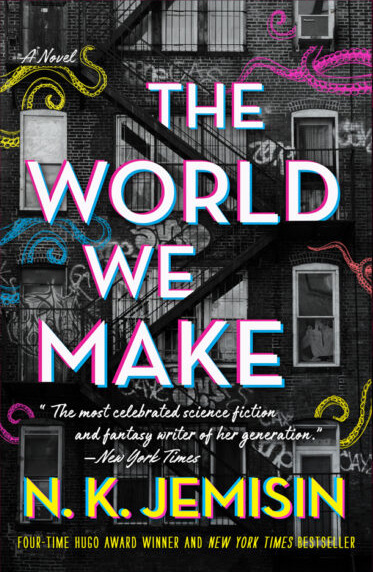
vote yes if you have finished the entire book.
vote no if you have not finished the entire book.
(faq · submit a book)
5 notes
·
View notes
Text
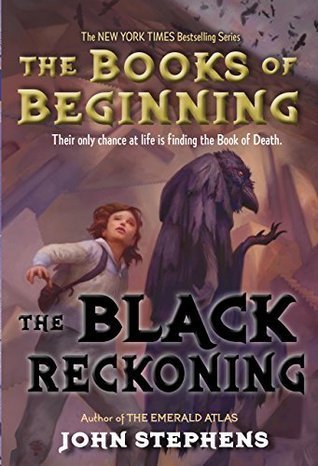
vote yes if you have finished the entire book.
vote no if you have not finished the entire book.
(faq · submit a book)
2 notes
·
View notes
Text
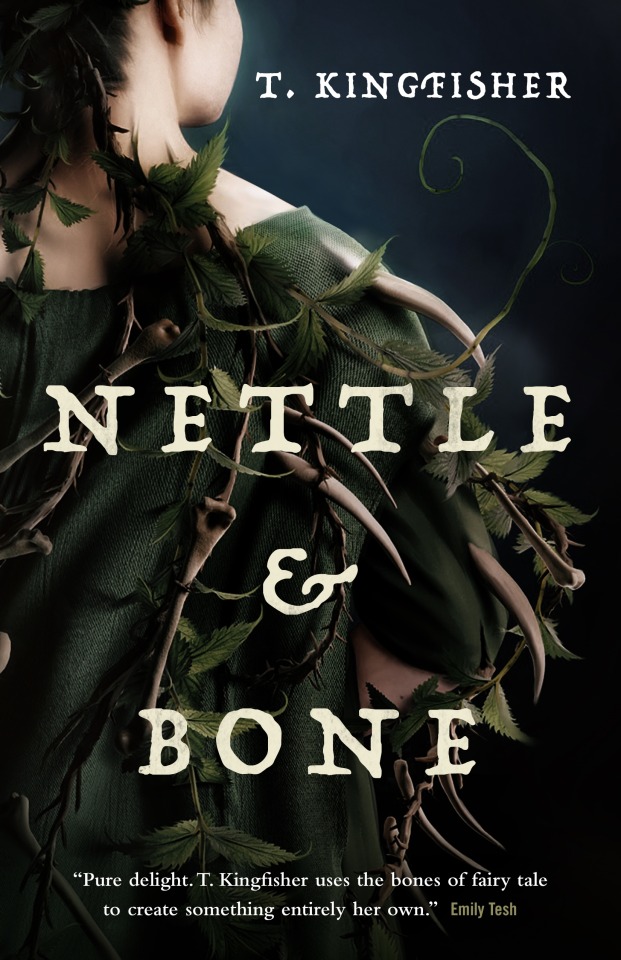
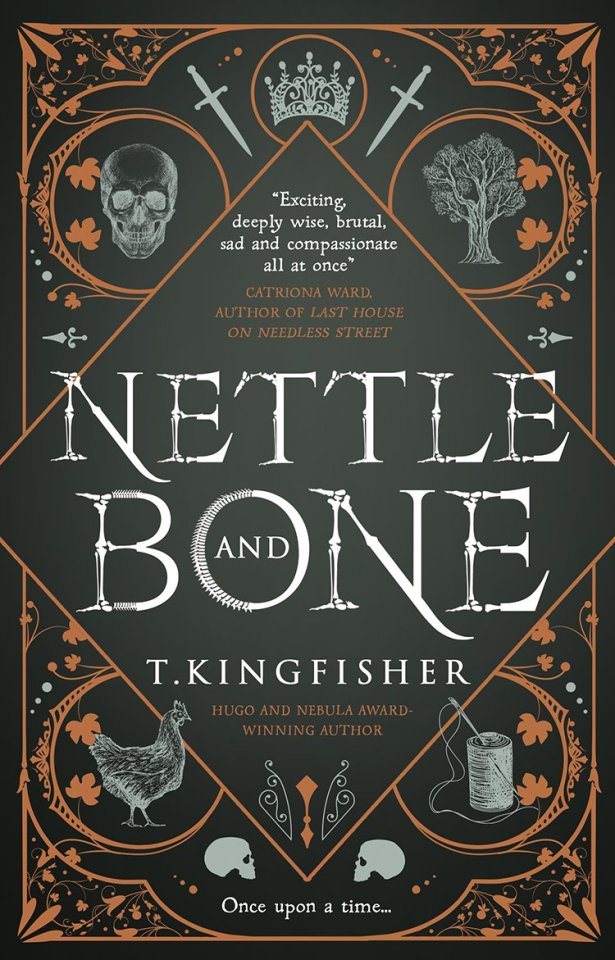
vote yes if you have finished the entire book.
vote no if you have not finished the entire book.
(faq · submit a book)
31 notes
·
View notes
Text
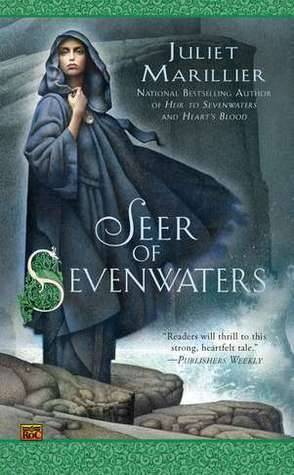
vote yes if you have finished the entire book.
vote no if you have not finished the entire book.
(faq · submit a book)
7 notes
·
View notes
Text
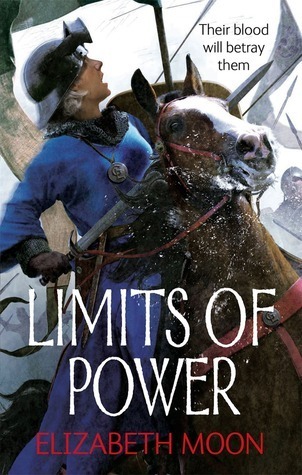
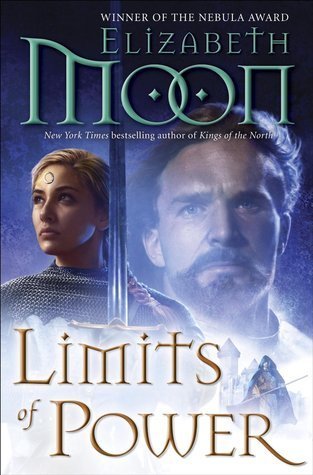
vote yes if you have finished the entire book.
vote no if you have not finished the entire book.
(faq · submit a book)
1 note
·
View note
Text
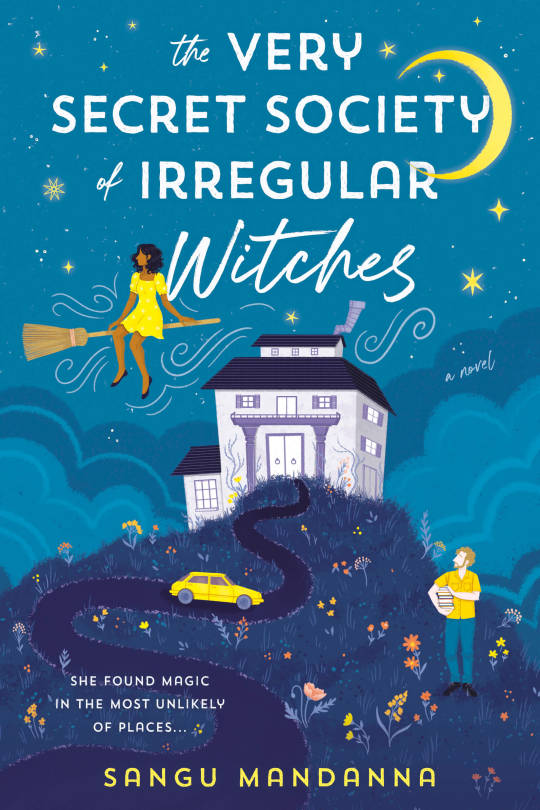
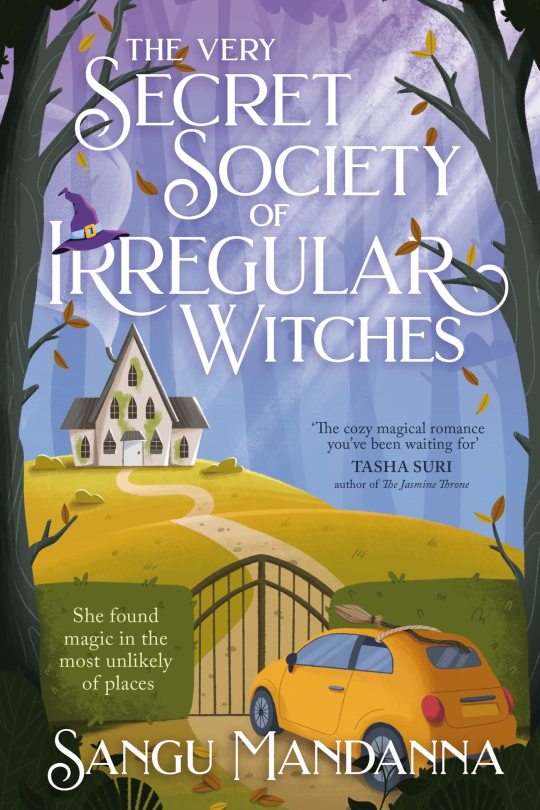
vote yes if you have finished the entire book.
vote no if you have not finished the entire book.
(faq · submit a book)
24 notes
·
View notes
Text
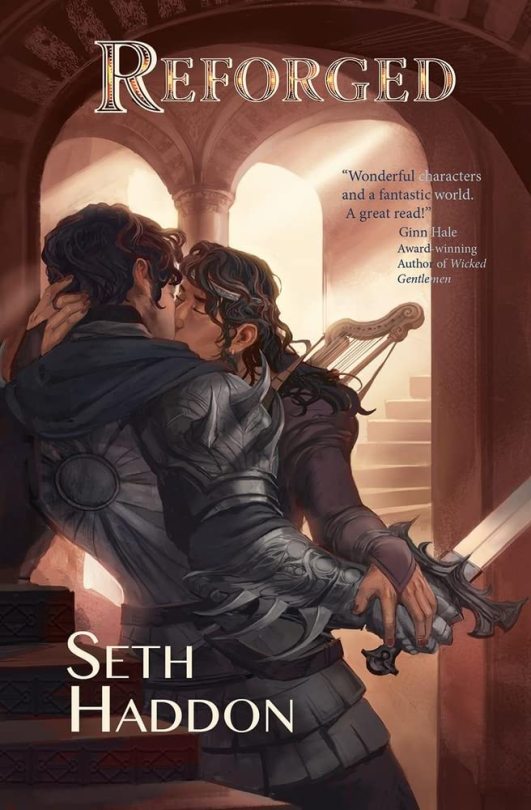
vote yes if you have finished the entire book.
vote no if you have not finished the entire book.
(faq · submit a book)
14 notes
·
View notes
Text
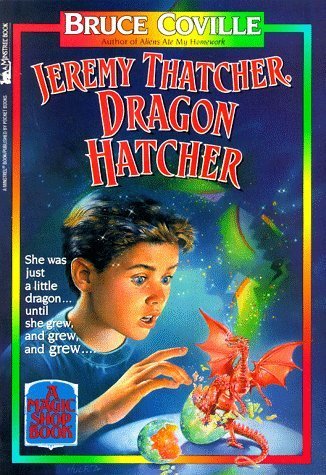
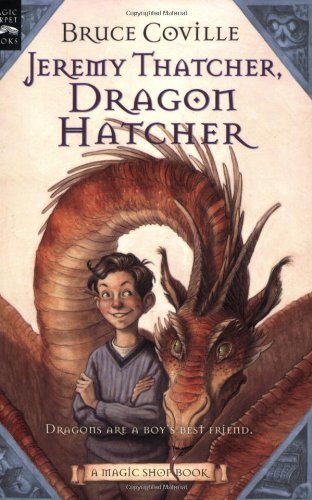
vote yes if you have finished the entire book.
vote no if you have not finished the entire book.
(faq · submit a book)
14 notes
·
View notes
Text
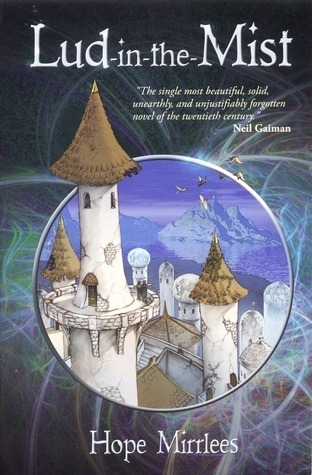
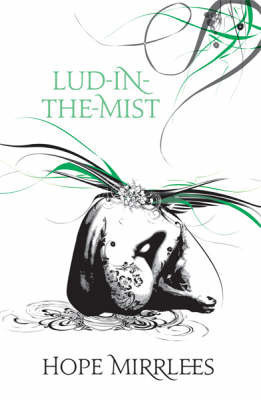
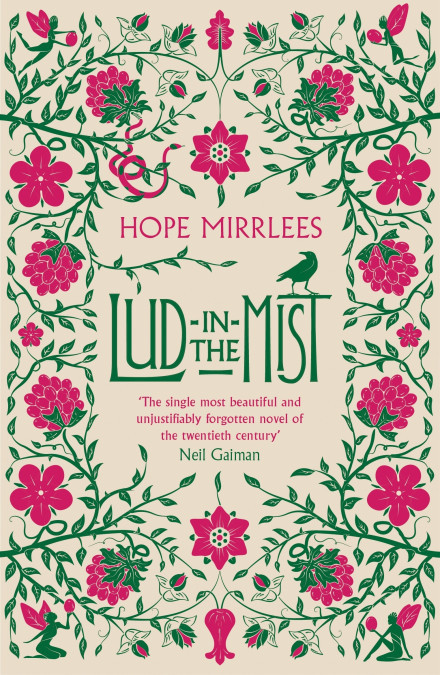
vote yes if you have finished the entire book.
vote no if you have not finished the entire book.
(faq · submit a book)
6 notes
·
View notes
Text
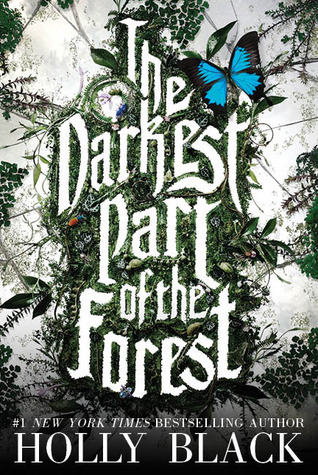
vote yes if you have finished the entire book.
vote no if you have not finished the entire book.
(faq · submit a book)
9 notes
·
View notes
Text
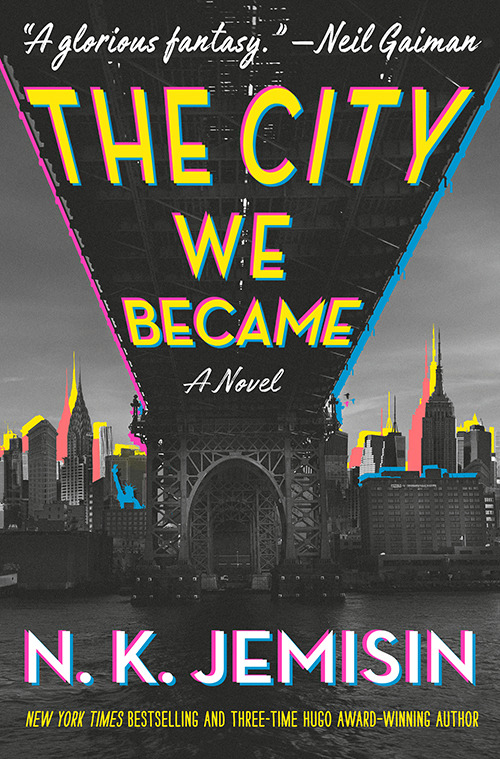
vote yes if you have finished the entire book.
vote no if you have not finished the entire book.
(faq · submit a book)
23 notes
·
View notes
Text
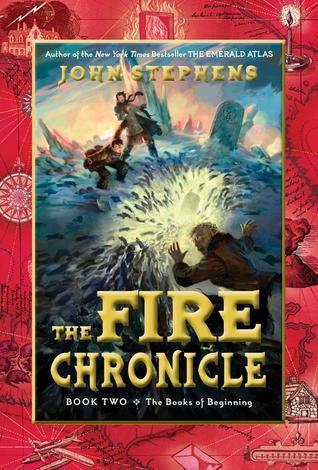
vote yes if you have finished the entire book.
vote no if you have not finished the entire book.
(faq · submit a book)
8 notes
·
View notes
Text
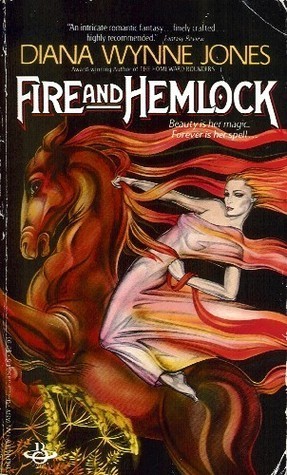
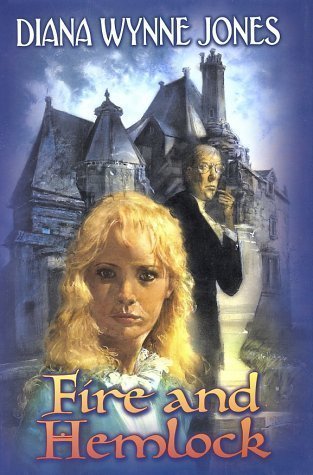
vote yes if you have finished the entire book.
vote no if you have not finished the entire book.
(faq · submit a book)
24 notes
·
View notes
Text
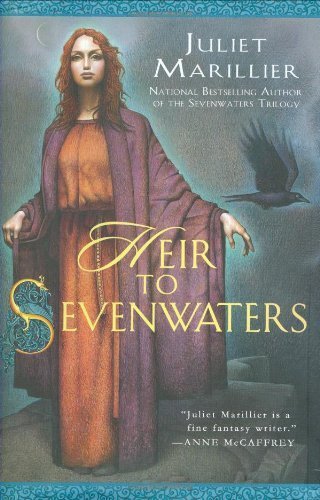
vote yes if you have finished the entire book.
vote no if you have not finished the entire book.
(faq · submit a book)
9 notes
·
View notes
Text
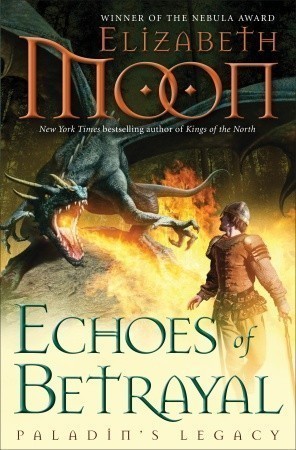
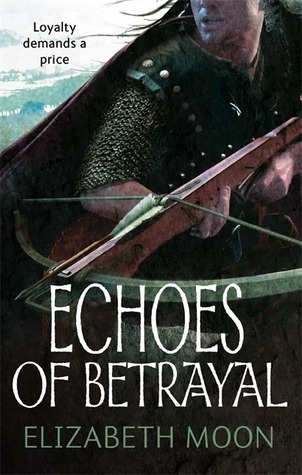
vote yes if you have finished the entire book.
vote no if you have not finished the entire book.
(faq · submit a book)
4 notes
·
View notes
Note
Are there stats for publication date? What's the predominant decade for submissions and how do the Sci-fi and fantasy blogs compare? Is there a period that a higher percentage of poll responders seem to have read? It looks like there's more submission of YA/children in fantasy and those have been more likely to get 50+% read. Is there just less sci-fi being written targeted towards younger readers?
hello! great questions. putting this under a read more because it’s a lot of numbers.
publication date
there are some marked differences between the two blogs on this point, although also some overall similarities.
most of the differences are I think pretty straightforwardly explicable by the fact that science fiction as a cohesive genre and marketing category is simply older than fantasy, having more or less fully coalesced by the 1920s, whereas fantasy wasn’t really established until the late ’60s. obviously there’s also older stuff that’s now considered to belong to each genre (Verne, Wells, Lovecraft, Plunkett/Dunsany, ...), but people who habitually read Fantasy and people who habitually read Science Fiction are, I think, most likely to have read books that were conceived, written, published, and marketed specifically as part of those genres, meaning that the fantasy submissions and results skew more recent than the sci-fi ones. the sci-fi results are also a bit more evenly distributed (though still skewed towards post-2010), reflecting, I think, the cultural prominence of certain classics — of which there are also simply more, because, again, older as a marketing category.
for starters, the mean publication dates of submissions:
fantasy: ~2002
sci-fi: ~1996
I haven’t been keeping stats by decade for submissions, but I can give you stats by decade for the results. for the fantasy polls:
1830s: 1 book (0.2% of the total)
1880s: 1 book (0.2% of the total)
1890s: 2 books (0.3%)
1900s: 2 books (0.3%)
1910s: 3 books (0.5%)
1920s: 2 books (0.3%)
1930s: 5 books (0.8%)
1940s: 4 books (0.6%)
1950s: 9 books (1.4%)
1960s: 8 books (1.3%)
1970s: 31 books (5.0%)
1980s: 59 books (9.5%)
1990s: 70 books (11.2%)
2000s: 146 books (23.4%)
2010s: 194 books (31.1%)
2020s: 86 books (13.8%)
you can really see the beginning of the fantasy genre as such here in the dramatic jump from the 1960s to the ’70s, and you can also see the age of tumblr users in the jump from the 1990s to the 2000s. the average yes percentages for the decades where there are enough books to give a meaningful average are a bell curve from 13.4% yes for the ’70s, peaking at 21.1% yes in the ’90s, and falling back down to 10.5% yes for the 2020s.
the medians also dramatically peak in the ’90s: median 7.6% yes for the ’70s, 6.2% yes for the ’80s, 14.8% yes for the ’90s, 11.8% yes for the 2000s, 6.1% yes for the 2010s, and 5.6% yes for the 2020s.
for the sci-fi polls:
1810s: 1 book (0.2% of the total)
1860s: 3 books (0.6%)
1880s: 2 books (0.4%)
1890s: 3 books (0.6%)
1900s: 2 books (0.4%)
1910s: 1 book (0.2%)
1920s: 1 book (0.2%)
1930s: 7 books (1.5%)
1940s: 7 books (1.5%)
1950s: 19 books (4.0%)
1960s: 31 books (6.5%)
1970s: 39 books (8.2%)
1980s: 54 books (11.4%)
1990s: 63 books (13.3%)
2000s: 49 books (10.3%)
2010s: 123 (25.9%)
2020s: 70 (14.7%)
I suspect the jump from the ’40s to the ’50s and ’60s reflects the relatively rapid post-WWII shift away from magazines as the primary venue for sci-fi publishing (which therefore leaned towards short fiction and away from novels) to pulp books (expanding the market for novels, and so for books eligible for this blog). I have no idea what’s going on with the 2000s.
the averages for the sci-fi polls are quite even across the decades with enough results to give meaningful averages, and, significantly, the decade with the highest mean yes is actually the ’60s (16.8%), followed by the ’50s (13.3%), and then ironically the 2000s (12.6%). the lowest is the ’70s, at only 8.9% mean yes. the medians are all over the place, but the highest is the ’60s (10.3%), followed by the ’80s (7.6%) and the 2000s again (6.6%). the lowest is the ’70s again (3.3%), followed by the 2020s (4.0%).
(it’s also worth noting again that children’s books are skewing the fantasy poll results higher overall than the sci-fi ones.)
age demographic
is there just less sci-fi being written targeted at younger readers? I don’t have numbers, so I can only answer this anecdotally: I think so. first off, I think there’s maybe less sci-fi being written period at this point, but even looking back, I’m thinking about my own reading as a child (and looking at my library spreadsheet) —
fantasy: The Hobbit; Narnia; most of Diana Wynne Jones’s books; Garth Nix’s Seventh Tower and Abhorsen series; Susan Cooper’s The Dark Is Rising sequence; Tamora Pierce’s Song of the Lioness, The Immortals, Protector of the Small, Circle of Magic, and The Circle Opens; Diane Duane’s Young Wizards series; Unicorns of Balinor; Harry Potter; Wizard’s Hall; the Chronicles of Prydain; Earthsea; The Gammage Cup; Redwall; Wayside School; Magic Tree House; His Dark Materials; Tales of the Nine Charms; the Warriors cat books; Eva Ibboston’s books; Children of the Red King; Meredith Ann Pierce’s Firebringer trilogy; the Bartimaeus Trilogy; the Enchanted Forest Chronicles; Edward Eager’s Tales of Magic; The Paper Bag Princess; ...
sci-fi: the ’90s Star Trek children’s books; Young Jedi Knights; Junior Jedi Knights; Animorphs; Bruce Coville’s My Teacher Is an Alien books; Space Brat; Alistair and the Alien Invasion; Commander Toad; the first two Harper Hall Pern books; Jedi Apprentice; the silly Jedi Prince books; the Tripods books; Monica Hughes’s Isis books; uh...
and granted, I loved the children’s sci-fi series — if you’d asked me in ca. 2000 I probably would have been more enthusiastic about Animorphs than any of the fantasy series I’d read at that point except maybe Circle of Magic. nonetheless, while this is very unscientific, you can see the disproportion.
it also becomes something of a self-fulfilling prophecy from a publishing perspective: there’s been one wild blockbuster sci-fi series for young readers in my lifetime (The Hunger Game), vs. three(-ish) for fantasy (Harry Potter, Twilight, and to a lesser extent Percy Jackson and the Olympians). fantasy for young readers looks safer for publishers —> more of it gets published —> more people read it —> more people decide eventually to write it.
7 notes
·
View notes
Text
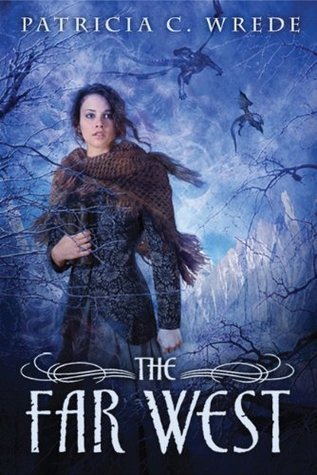
vote yes if you have finished the entire book.
vote no if you have not finished the entire book.
(faq · submit a book)
#fantasy#books#The Far West#Patricia C. Wrede#Frontier Magic#poll#I still can't get over this. TWO sequels#l: English
4 notes
·
View notes